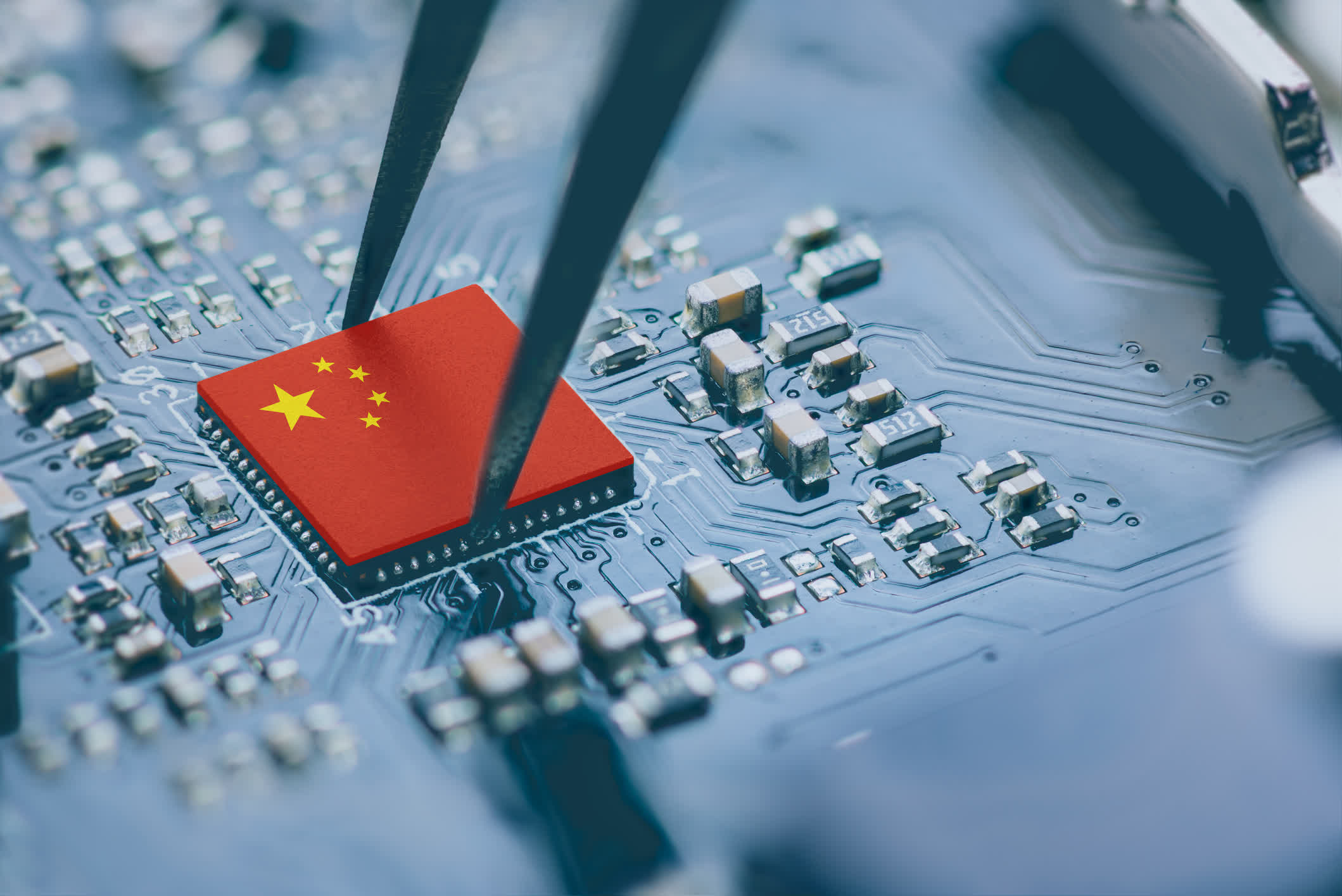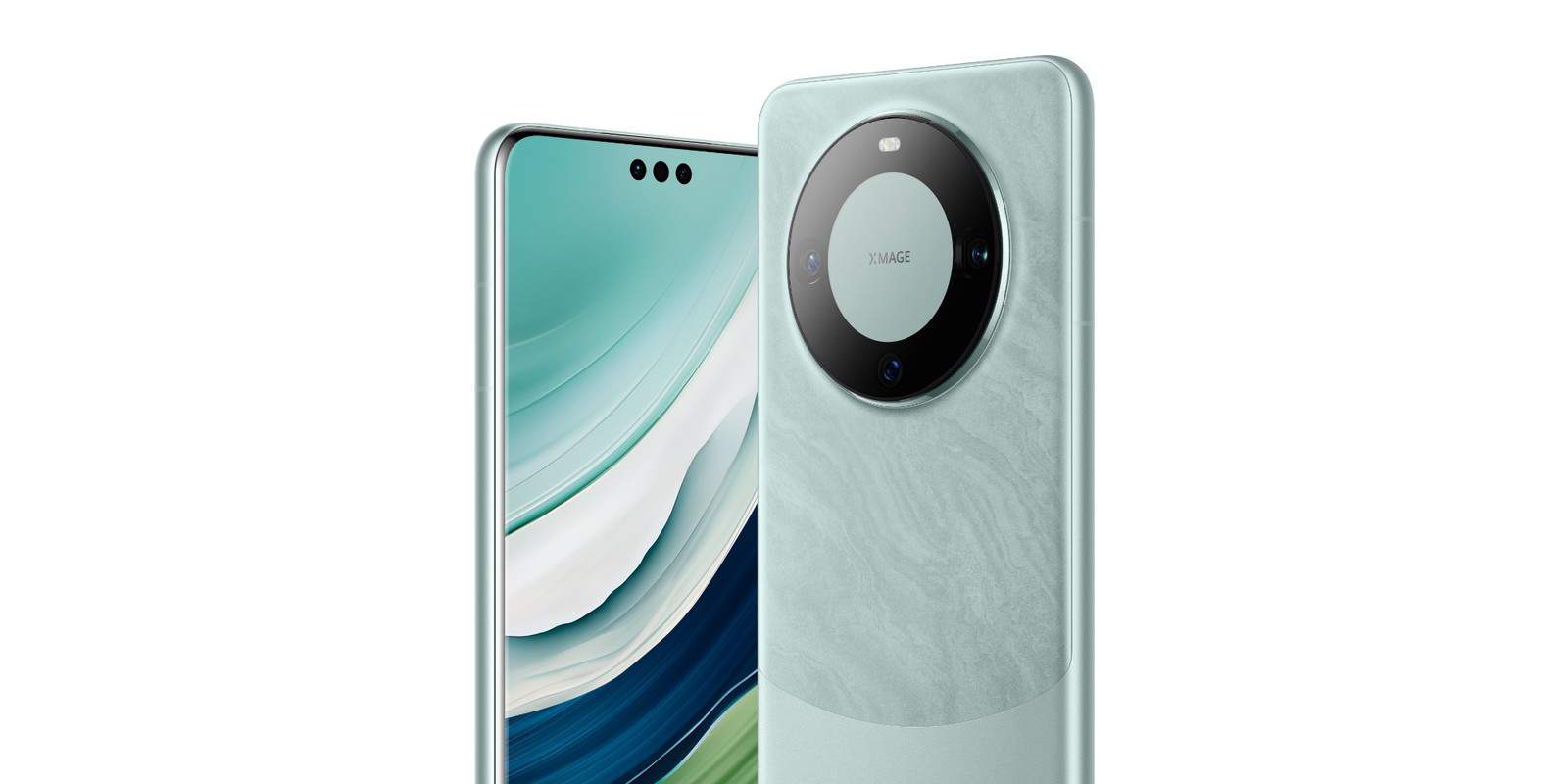What just happened? US Commerce Secretary Gina Raimondo says that the controversial Kirin 9000s SoC powering Huawei's recent Mate 60 Pro handset isn't as advanced as US chips, thereby proving the sanctions against the company and China are having their intended effect.
When Huawei unveiled the 5G-capable Mate 60 Pro last August, many saw it as an affront to the US sanctions that have been placed on China and some of its businesses. The Kirin 9000s chip powering the phone is made on what appears to be SMIC's 7nm (N+2) process, created without access to EUV machines that have been cut off by US actions. It was reported last month that the Commerce Department is assessing whether SMIC broke US rules to produce the chip – one senior Commerce Department official said it "potentially" did.
It was noted at the time that SMIC is about 10% behind what TSMC labels as 7nm. Furthermore, we now have chips made on the 3nm process, such as Apple's A17 Pro used in the iPhone 15 Pro. Raimondo pointed out the chip's inferiority during her interview with CBS News' 60 Minutes.
"What it tells me is the export controls are working because that chip is not nearly as good," Raimondo said. "It's years behind what we have in the United States. We have the most sophisticated semiconductors in the world. China doesn't. We've out-innovated China."
Elsewhere in the interview, Raimondo said she's focused on preventing China and Russia from obtaining US-designed advanced semiconductors.
"If you think about national security today in 2024, it's not just tanks and missiles; it's technology. It's semiconductors. It's AI. It's drones," she said. "And the Commerce Department is at the red-hot center of technology."
Raimondo added that the Commerce Department had stopped all semiconductor chips from being sold to Russia following its invasion of Ukraine, highlighting stories of Russian tanks using chips from household appliances due to sanctions placed on the country.
CBS' Lesley Stahl pointed out that trade with China accounts for 750,000 jobs in the US. "We want to trade with China on the vast majority of goods and services. But on those technologies that affect our national security, no," Raimondo replied.
The US' reliance on Taiwan, which China has long claimed to be part of its territories, was also brought up in the interview. Raimondo said the situation makes the US "vulnerable."
"We allowed manufacturing in this country to wither on the vine in search of cheaper labor in Asia, cheaper capital in Asia, and here we are," she said. "We just pursued profit over national security."
The US is trying to change that status quo with the CHIPS Act, designed to bring advanced semiconductor manufacturing back to the United States. The Biden administration has recently handed out billions of dollars of CHIPS money to Samsung, TSMC, and Intel to build new fabs in the US and upgrade existing facilities.

There was controversy over Huawei's MateBook X Pro (above) this month, a laptop powered by Intel's Meteor Lake chips. When asked if Raimondo was being tough on big businesses like Chipzilla, she said, "I hold businesses accountable as much as anyone."
"When I tell them they can't sell their semiconductors to China, they don't love that, but I do that," she added. That could also be a reference to Nvidia, which has previously warned that chip sanctions on China could hurt American companies.

